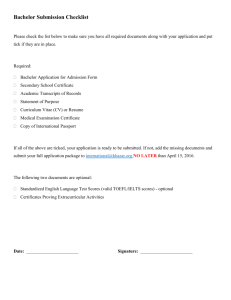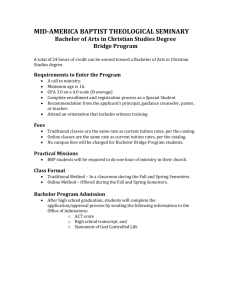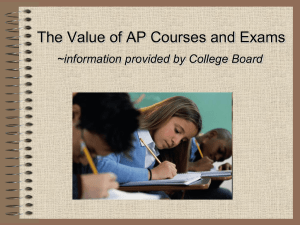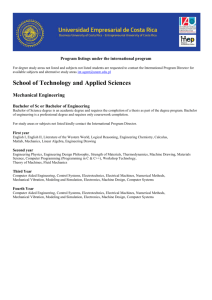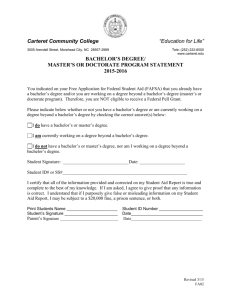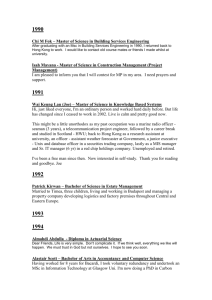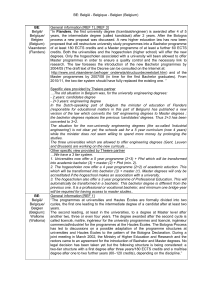How do I decide where to apply to college or university
advertisement
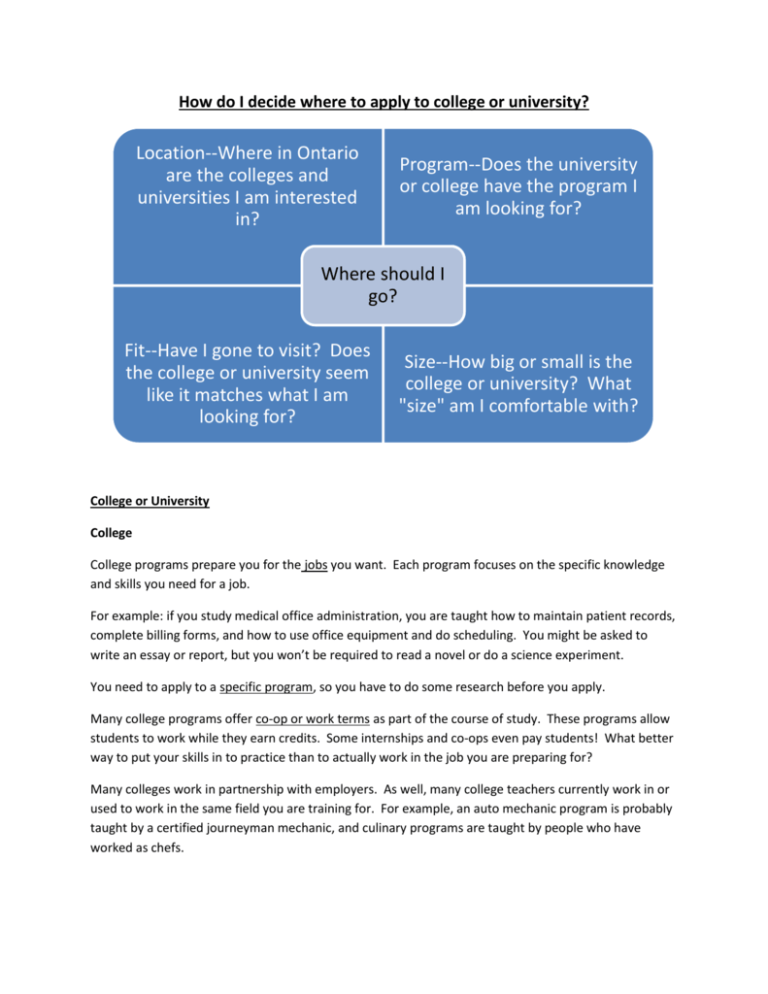
How do I decide where to apply to college or university? Location--Where in Ontario are the colleges and universities I am interested in? Program--Does the university or college have the program I am looking for? Where should I go? Fit--Have I gone to visit? Does the college or university seem like it matches what I am looking for? Size--How big or small is the college or university? What "size" am I comfortable with? College or University College College programs prepare you for the jobs you want. Each program focuses on the specific knowledge and skills you need for a job. For example: if you study medical office administration, you are taught how to maintain patient records, complete billing forms, and how to use office equipment and do scheduling. You might be asked to write an essay or report, but you won’t be required to read a novel or do a science experiment. You need to apply to a specific program, so you have to do some research before you apply. Many college programs offer co-op or work terms as part of the course of study. These programs allow students to work while they earn credits. Some internships and co-ops even pay students! What better way to put your skills in to practice than to actually work in the job you are preparing for? Many colleges work in partnership with employers. As well, many college teachers currently work in or used to work in the same field you are training for. For example, an auto mechanic program is probably taught by a certified journeyman mechanic, and culinary programs are taught by people who have worked as chefs. What do they offer? Certificate 1 yr. Diploma 2 yrs. Advanced Diploma 3 yrs. Bachelor Degrees 4 yrs. Practical strengths of college with theoretical foundation Graduate Certificate College certificate or diploma, or university degree required Joint College-University Programs 1 yr. 3-? yrs. Combination of hands-on learning of college with the more theoretical approach of university studies One or two credentials can be earned—one from college and/or one from university www.onransfer.ca College Application Centre www.ontariocolleges.ca University Universities offer bachelor and graduate degrees. Each university offers different degrees, but most universities offer the following types. Bachelor degrees are usually 3-4 years minimum. Classes are usually delivered in a lecture style. Courses many include labs, tutorials, and/or field research. The focus is on theory rather than specific skills (except in some programs such as science or computer science). University is often described as “Where people learn how to think and problem solve”. Some universities offer co-op placements; but they are usually connected to specific programs. Check the university web site for details. Evaluation is often based on research-based-essays. Bachelor of Arts Includes history, social sciences, humanities, languages, literature, and many more Bachelor of Science Includes computer science, biology, psychology, mathematics, and many more Bachelor of Commerce Includes accounting, business, finance, economics and many more Bachelor of Engineering Includes chemical, civil, computer, industrial, mechanical and many other types Bachelor of Fine Arts Includes drama, painting, sculpture, and many more Specialized Degrees (Each university will have a list—a few are listed below) Bachelor of Journalism Bachelor of Social Work Bachelor of Science Nursing Bachelor of Environmental Science/Studies Bachelor of Design University Application Centre www.ouac.ca College/University Transfer Programs (information on transfer agreements between colleges and universities) www.ontransfer.ca If you require help determining which university or college to apply to, see Jeff or Beth in the office.
